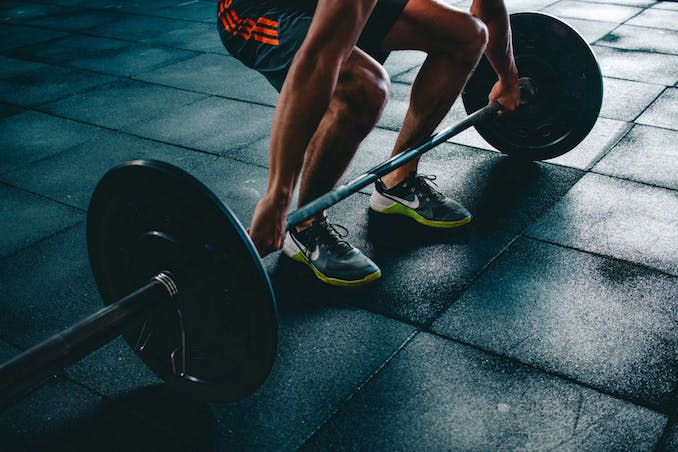Exercise has a lot of benefits including fighting illnesses and enhancing physical condition, which is why many physicians encourage people to engage in physical activities to reduce the risk of certain diseases, and to control weight. In addition to the physical benefits of exercise, it is also considered vital for improving concentration and cognitive function, as well as managing anxiety. When you exercise, your body release endorphins, which reduces your perception of pain, and act as mood elevators.
Let’s take a look at the benefits of regular exercise for reducing symptoms of anxiety.
Improves mood
Endorphins are “feel-good” chemicals that can relieve pain and stress. When it is released during exercise, it works like opioids in that it produces a feeling of euphoria typically experienced by people who use opioids after sudden injuries or surgery. Endorphins also help relax the mind, lift your spirits, enhance your overall feeling of wellbeing, and regulate your mood.
Additionally, exercise helps reduce the production of the body’s stress hormones such as cortisol and adrenaline, which elevate your blood pressure, increase heart rate, and lead to symptoms associated with the fight or flight response.
Helps release physical tension
Any form of exercise, from yoga to aerobics, does your body good. Even a daily walk in the park can release physical tightness and tension throughout the body – physical symptoms commonly experienced by people with anxiety. When you feel anxious, it’s likely that you are also harboring extra energy that can fuel your anxious thoughts – running a few miles or doing yoga is a great way to release this extra energy and to minimize feelings of anxiety and stress.
Increases energy levels
It is common for people with anxiety to have low energy levels and to lack motivation to do daily activities. If you are feeling tired and sluggish, set aside a few minutes of your day to exercise to reap the benefits of improved blood flow and stronger heart muscles. When there is an improvement in cardiovascular health, you can enjoy greater endurance, which in turn allows you to have more energy to perform daily activities without feeling too tired or sleepy.
Cardiovascular exercises are great for giving you more stamina, while low intensity exercises help boost your mood.
Helps build self-confidence
A person with anxiety may also struggle with low self-esteem. If you have body image issues, exercise is a great way to improve your physique. Even if you don’t intend to lose weight, you can benefit from physical activities that help strengthen and tone your body. Seeing results from regular exercise can make you feel better about your body, and boost your self-esteem. In addition to achieving a toned body, you can experience a sense of accomplishment knowing that you are able to meet even the simplest goals. Maybe you begin an exercise plan hoping to walk for 15 minutes every day, then find that you are able to exceed that, and end up running a mile per day. As a result, you develop greater endurance and enjoy the feeling of accomplishing your goals.
Better sleep
Physical activity has been shown to reduce the severity of insomnia symptoms, allowing you to get a better night’s rest, which in turn lets you feel more refreshed during the day. When you get the recommended amount of sleep, there is a better chance that you will have sharper focus, and get more things done.
Distraction from Anxiety
When you have anxiety, you will often feel stuck in a loop of negative thoughts. You think about the possible outcome of every situation in an effort to have more control of the result. When your mind is focused on unhelpful thoughts, the likelihood of falling into a deeper state of anxiety increases. Exercise gives your mind the chance to shift your focus from the source of your anxiety and stress to a physical activity that you actually enjoy doing.
Aside from regular exercise, taking supplements is also recommended. Do check out the best nootropics brands to date.

